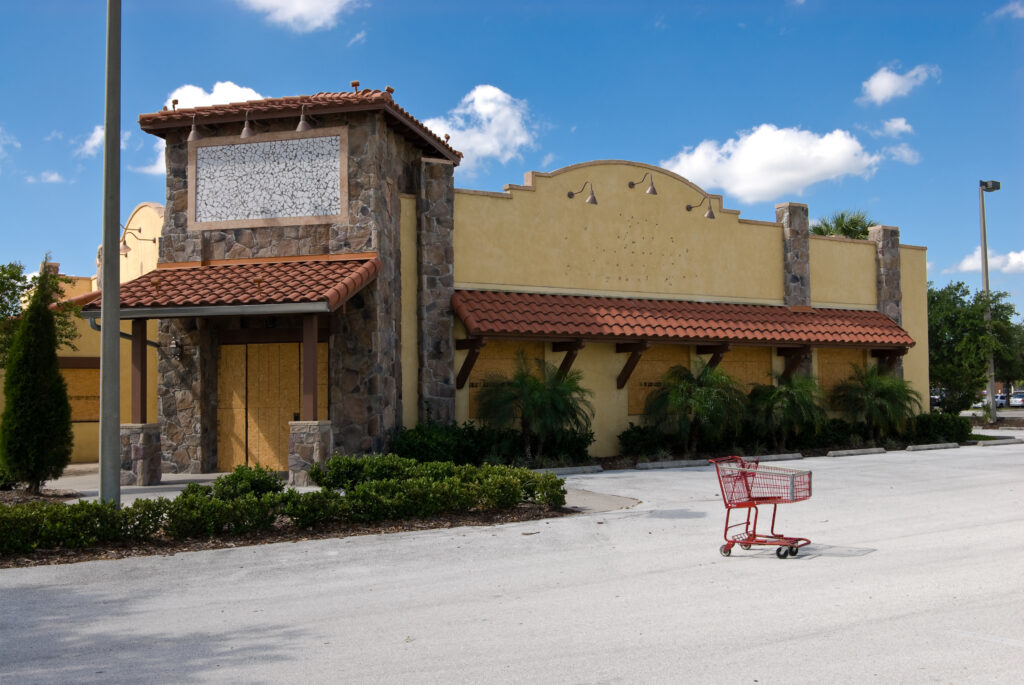As we wait for a vaccine that will return life to normal, it seems like we’re constantly being fed more and more discouraging coronavirus statistics. Local, state and federal leaders are working to combat the spread, but their efforts are forcing us to confront an ever-changing list of mandates and restrictions.
It’s safe to say that none of us has been through this before, so where do we look for precedent? Many people—especially Americans—aren’t used to living their lives under emergency powers in a public health crisis. What kind of authority do our leaders have in this type of situation?

Part of the problem is that our federalist nation is composed of “united” states that disagree on a lot of points. About a month into our current spiral, Dr. Anthony Fauci, the director of the National Institute for Allergy and Infectious Diseases, publicly advocated a federal lockdown order, even as he grudgingly acknowledged the rights of states “to do what they want.” States’ rights are pretty much always going to be at odds with coordination on a national scale.
There are at least three different constitutional interests at play here. On the one hand, U.S. citizens have constitutional rights to practice religion (Amendment I) and travel throughout the country (Amendment V). On the other hand, the States themselves have a great deal of authority pursuant to the Tenth Amendment, which basically says that any power not delegated to the federal government is reserved to the States or to the people.
Because the Constitution does not delegate lockdown power to the federal government, this means much of the legal authority to impose quarantines and other health-related restrictions falls to governors. The express nature of this power can be partially traced to Gibbons v. Ogden, where the Supreme Court held that the States had “the power of regulating their own purely internal affairs,” including domestic trade and police powers.
Quarantine orders are included under the umbrella of police powers, which the Supreme Court explicitly affirmed in Compagnie Francaise de Navigation a Vapeur v. Louisiana Board of Health, where it also held that quarantines can be applied to an entire geographical area. This 1902 opinion has been cited as recently as 2014 as authority for State-mandated quarantines.
It remains unclear whether the federal government has similar powers. The Commerce Clause might theoretically grant the federal government the authority to declare a national quarantine, although this was not invoked during the 1918 Spanish Flu pandemic.
What is clear, however, is that governors and State lawmakers do have this type of power. In the early twentieth century, Massachusetts passed a law that required smallpox vaccinations and authorized punishment for those who didn’t comply. This law was upheld by the U.S. Supreme Court, which reasoned in Jacobson v. Massachusetts that “liberty” does not mean that every person must be “at all times and in all circumstances, wholly freed from restraint.”
So do governors have the authority to restrict business practices? And if they do, what remedy do business owners have? Small businesses have been hit especially hard during the current pandemic.
We love the the Fifth Amendment here at the Marc Lopez Law Firm, primarily because it ensures the right to remain silent. The Fifth Amendment, however, also says that private property cannot be taken for public use without just compensation. What does it mean to be taken for public use? The Supreme Court held in Lucas v. South Carolina Coastal Council that owners are owed just compensation when government action deprives them of all economically beneficial or productive use of their land.
It remains to be seen whether this path will be open to a business owner who’s currently lost everything due to coronavirus restrictions. Can States be liable for actions that many deemed necessary due to a public health emergency? Does reasonability even factor into it?
As we said before, none of us has been through this before, so these are novel questions of law. Novel questions sometimes lead to new standards, and we can expect to see many States prepare for future situations like this. We may even see a reconsideration of national priorities and the possibility of a unified response in emergency situations.
For now, stay safe, wear a mask, and remember—always plead the 5th!



